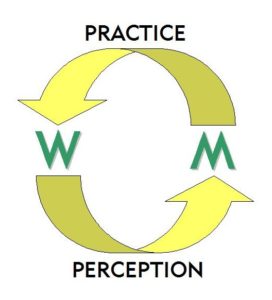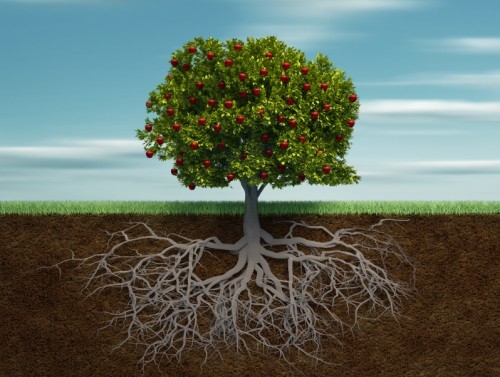that man is so completely hemmed in by the bounds of his possible practical experience, his mind is so restricted to being the instrument of his needs, that he cannot, in the least, mean anything that transcends those limits. The strict consequence of this is, that it is all nonsense to tell him that he must not think in this or that way because to do so would be to transcend the limits of a possible experience. For let him try ever so hard to think anything about what is beyond that limit, it simply cannot be done. You might as well pass a law that no man shall jump over the moon; it wouldn’t forbid him to jump just as high as he possibly could.Unfortunately, for many believers the conception of “God” has not been anywhere near vague enough, as they imagine the ‘stupendous agency’ to be something like a dominating alpha male, rather than a Mind whose only embodiment is the lived and living universe of experience. Surely the Creator and Determinator of whatever happens cannot be as determinate as any willful or existing Self. There is no Dominus but the dominance of reality itself, and we poor creatures can only determine what that is within the limits of our own embodiment.
For much the same reason, I do not believe that man can have the idea of any cause or agency so stupendous that there is any more adequate way of conceiving it than as vaguely like a man. Therefore, whoever cannot look at the starry heaven without thinking that all this universe must have had an adequate cause, can in my opinion not otherwise think of that cause half so justly than by thinking it is God.CP 5.536, c. 1905
What Peirce called ‘the scientific method’ in his ‘Fixation of Belief’ essay, he later called ‘the method of experience’ – emphasizing the wild reality of experience and the humility of the method.
Changes of opinion are brought about by events beyond human control. All mankind were so firmly of opinion that heavy bodies must fall faster than light ones, that any other view was scouted as absurd, eccentric, and probably insincere. Yet as soon as some of the absurd and eccentric men could succeed in inducing some of the adherents of common sense to look at their experiments – no easy task – it became apparent that nature would not follow human opinion, however unanimous. So there was nothing for it but human opinion must move to nature’s position. That was a lesson in humility. A few men, the small band of laboratory men, began to see that they had to abandon the pride of an opinion assumed absolutely final in any respect, and to use all their endeavors to yield as unresistingly as possible to the overwhelming tide of experience, which must master them at last, and to listen to what nature seems to be telling us. The trial of this method of experience in natural science for these three centuries – though bitterly detested by the majority of men – encourages us to hope that we are approaching nearer and nearer to an opinion which is not destined to be broken down – though we cannot expect ever quite to reach that ideal goal.Over a century later, is ‘the trial of this method of experience’ still encouraging us? Or is it proceeding like Kafka’s Process?from How to Reason, 1893 (R 407: 20–21, CP 5.384fn)
 their flocks or herds; driving the beasts to a pasture where they could ‘graze’ was a regular part of this “tending,” and this was often done with a stick like the one in the picture.
their flocks or herds; driving the beasts to a pasture where they could ‘graze’ was a regular part of this “tending,” and this was often done with a stick like the one in the picture.
